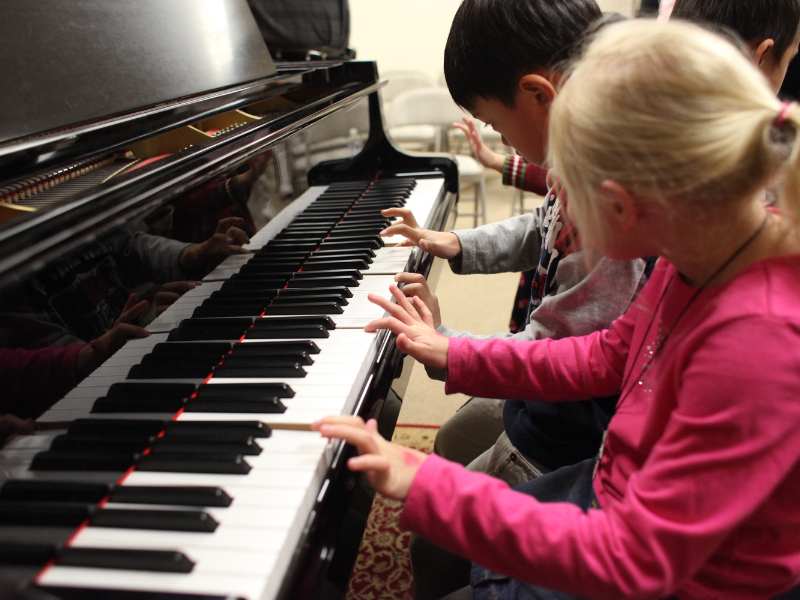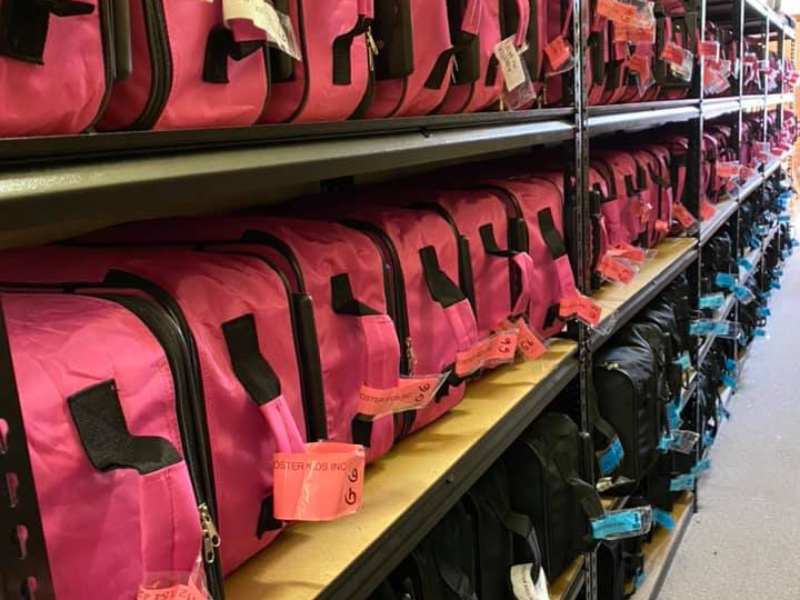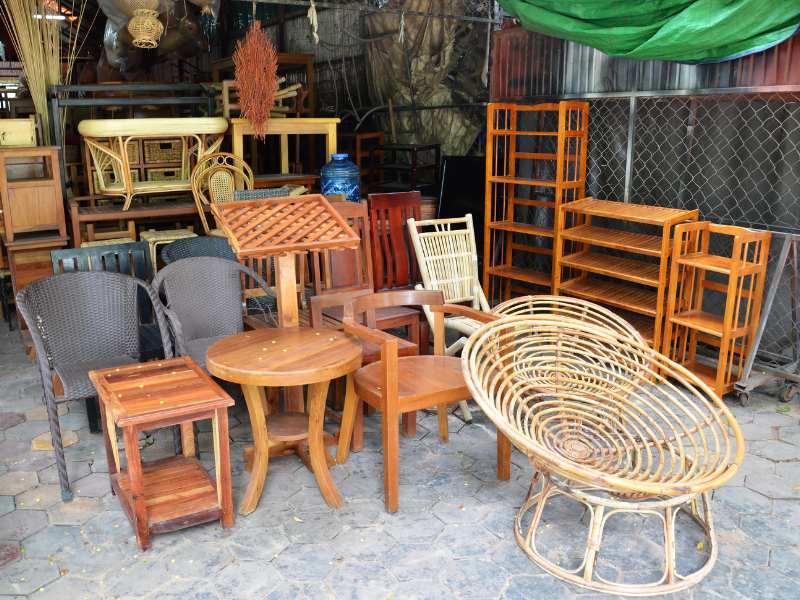A guide for carers navigating mental health services for children in out-of-home care
Understanding Mental Health Care Options
Caring for a child or young person who’s struggling with their mental health can feel overwhelming, especially when you’re trying to figure it all out on your own.
The system can be confusing, the jargon hard to follow, and the pressure to get it right can be heavy.
We’ve created this easy-to-understand guide to help lighten the load. It explains:
- The types of mental health professionals available in Australia
- What each professional does and how they can help
- How to access services and what the process looks like
- Approximate costs and what Medicare may cover
First Step: Talk to a GP
If a GP assesses that the child needs mental health support, they can create a Mental Health Care Plan. This plan provides access to Medicare rebates for up to 20 individual sessions per year (January–December) with professionals like:
- Psychologists
- Social Workers
- Occupational Therapists
You're Not Alone
Choosing the right support for a child’s mental health is a big responsibility, but you don’t have to do it alone. If you need help understanding your options, A Better Life For Foster Kids is here to support you.
We can connect you with resources, guide you through the process, or simply listen when it all feels like too much
Phone Number
0412 154 424
Email Address
heather@abetterlifeforfosterkids.com.au
Who Can Help?
Below is an overview of the range of professionals and services you might consider:
Psychiatrists are medical doctors with 11–13 years of training, including specialisation in mental health. Some focus specifically on children and adolescents.
They can help with:
- Diagnosing and treating mental health disorders
- Prescribing medication
- Ordering medical tests
- Hospital or facility-based mental health care
Referral required: Yes, from a GP
Cost: $200–$400 per session without a rebate
Rebate: $116–$396 per session under a Mental Health Care Plan (up to 20 sessions)
Paediatricians are medical specialists in children's health. Some specialise in developmental delays or behavioural issues.
They can help with:
- Diagnosing and treating Autism, ADHD, sleep issues, growth delays, disabilities
- Offering referrals to psychologists or other allied health professionals
Referral required: Yes, from a GP
Cost: Bulk-billed in public settings; private gap fees range from $40–$222
Psychologists have 6–8+ years of training. Clinical Psychologists have extra qualifications and experience. Many specialise in child trauma and therapy for young people in care.
They can help with:
- Processing trauma and emotional distress
- Behavioural challenges and relationship issues
- Building coping strategies and self-worth
- Mental health diagnosis (as part of a team)
Referral required: No, but a GP referral allows access to rebates
Cost: $150–$260 per hour
Rebate: $87 (General) / $127 (Clinical) per session, up to 20 sessions per year
Bulk billing: Available with some practitioners
👉 Find a psychologist via the Australian Psychological Society
Counsellors may hold qualifications ranging from a Diploma to a Master’s Degree.
They can help with:
- Supporting emotional wellbeing
- Processing grief, trauma, and life changes
- Improving relationships and goal setting
- Group or individual sessions
Referral required: Usually no
Cost: $100–$200 per hour
Rebate: Some eligible for Medicare rebate ($75–$125) with a Mental Health Care Plan
👉 Search for a counsellor – Australian Counselling Association
Located within schools, these professionals often hold psychology degrees and are registered. (Note: Guidance Officers may have different qualifications.)
They can help with:
- Learning assessments
- Academic or emotional support
- Goal setting and group sessions
- Career guidance and wellbeing
Referral required: No, book through the school’s office
Cost: Free
Certified or Accredited Play Therapists specialise in using play to help children express emotions and process trauma.
They can help with:
- Emotional literacy and regulation
- Building resilience and coping strategies
- Non-verbal processing through toys and games
Referral required: No
Cost: ~$150 per session
Rebate: Only if provided by a psychologist
👉 Find a Play Therapist
Registered Arts Therapists hold a Master’s degree and 750+ hours of clinical placement.
They can help with:
- Creative emotional expression
- Processing trauma and stress
- Building confidence and communication
- Supporting neurodiverse children
Referral required: Varies
Cost: $100–$180 per session
Rebate: Possible with a Mental Health Care Plan
👉 Find a Therapist – ANZACATA
This can include psychologists, counsellors, or occupational therapists who incorporate therapy animals (e.g. dogs, horses).
They can help with:
- Emotional regulation and calm
- Motivation, bonding, and social skills
- Trauma support in a gentle, sensory-based way
Referral required: Depends on the provider
Cost: Varies by practitioner
Rebate: May apply if provider is a registered allied health professional
👉 Search for Equine/Animal-Assisted Therapy Providers
ACCHOs are community-run services that provide culturally safe care for Aboriginal and Torres Strait Islander people.
They can help with:
- Social, emotional, physical and cultural wellbeing
- Culturally-appropriate counselling and family support
- Localised health and wellbeing programs
Referral required: Not for general services
Cost: Most services are bulk billed
👉 Find your local ACCHO

















